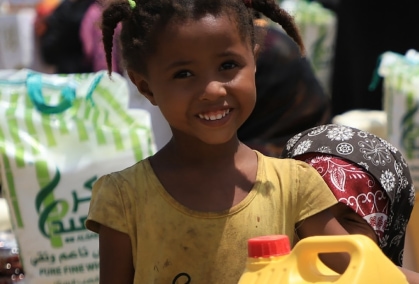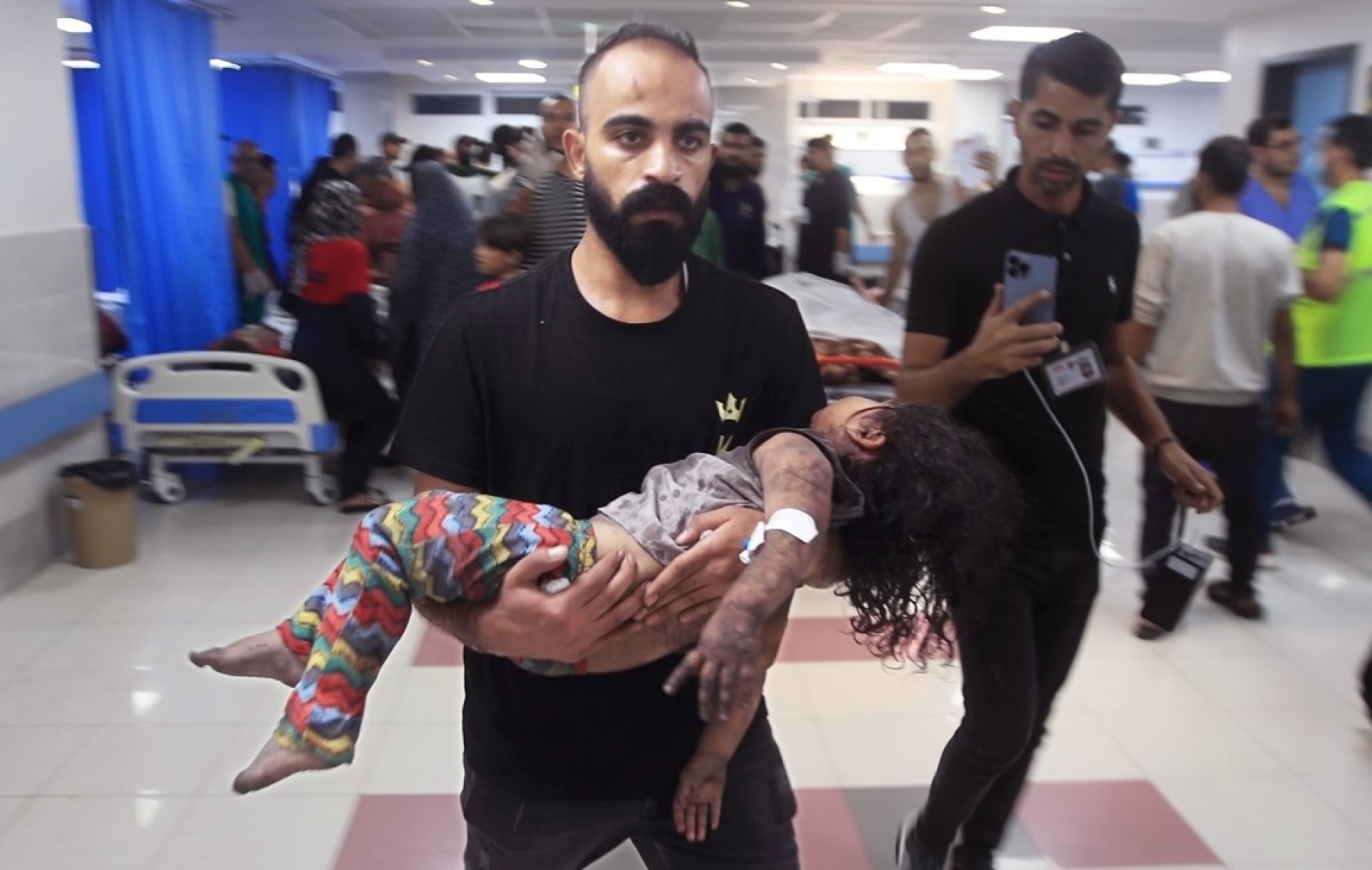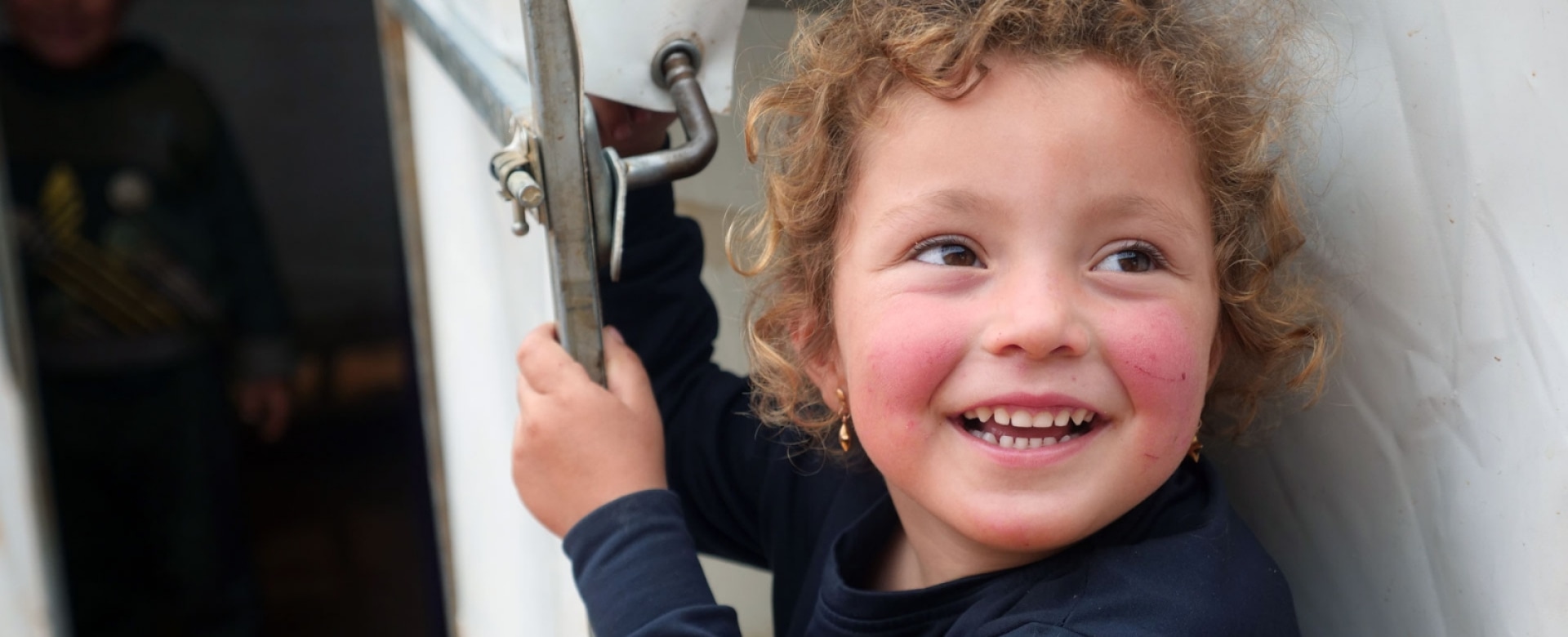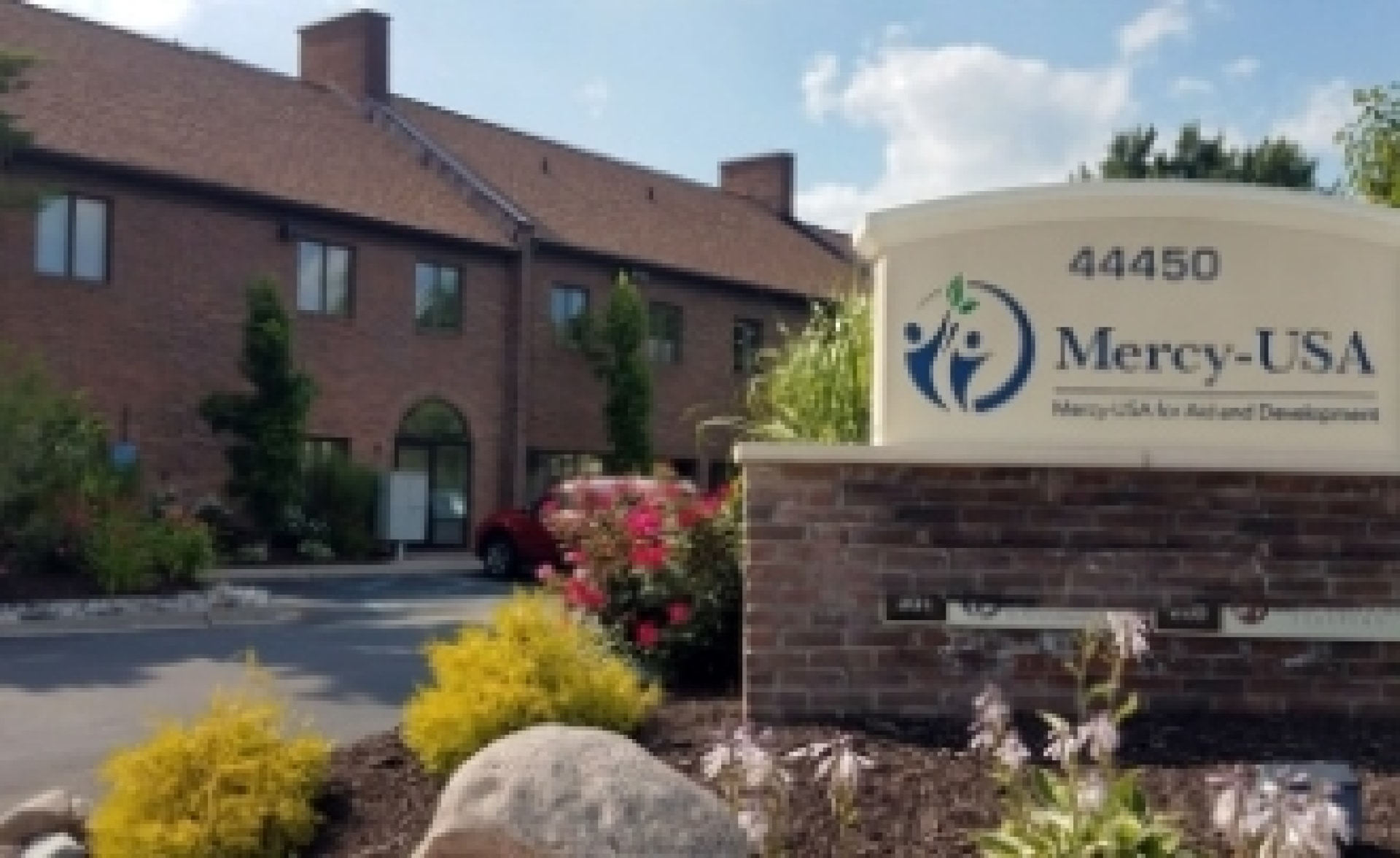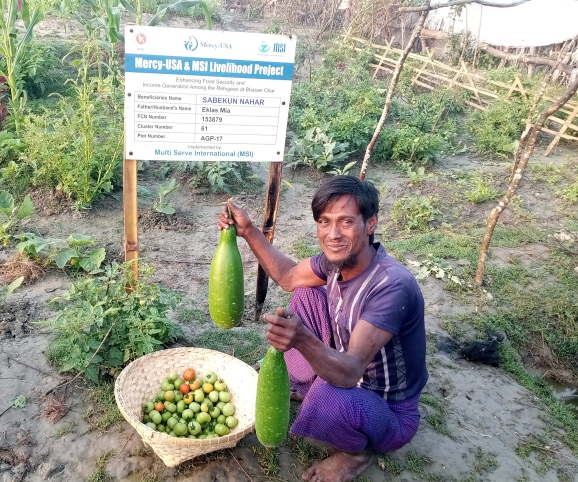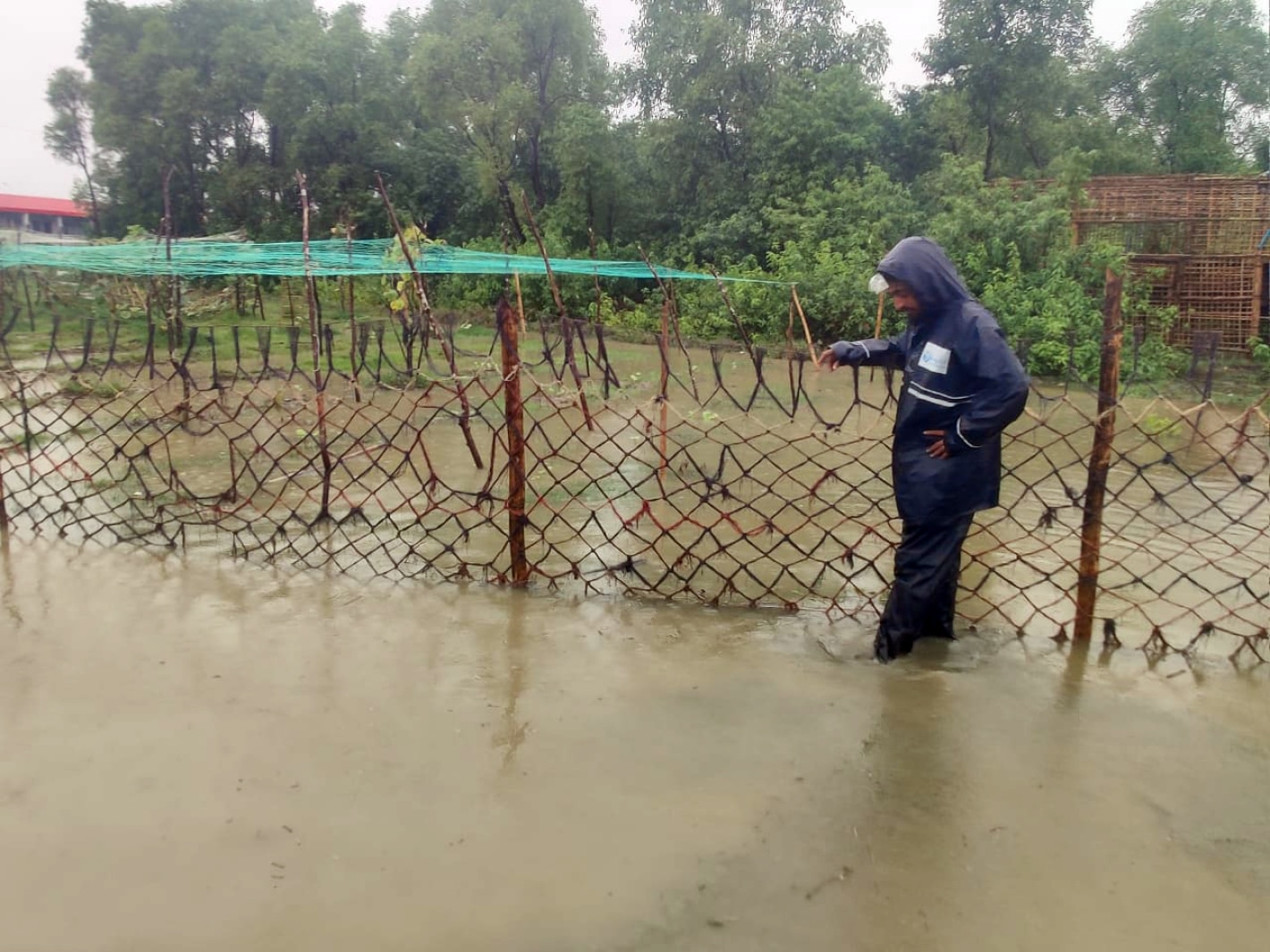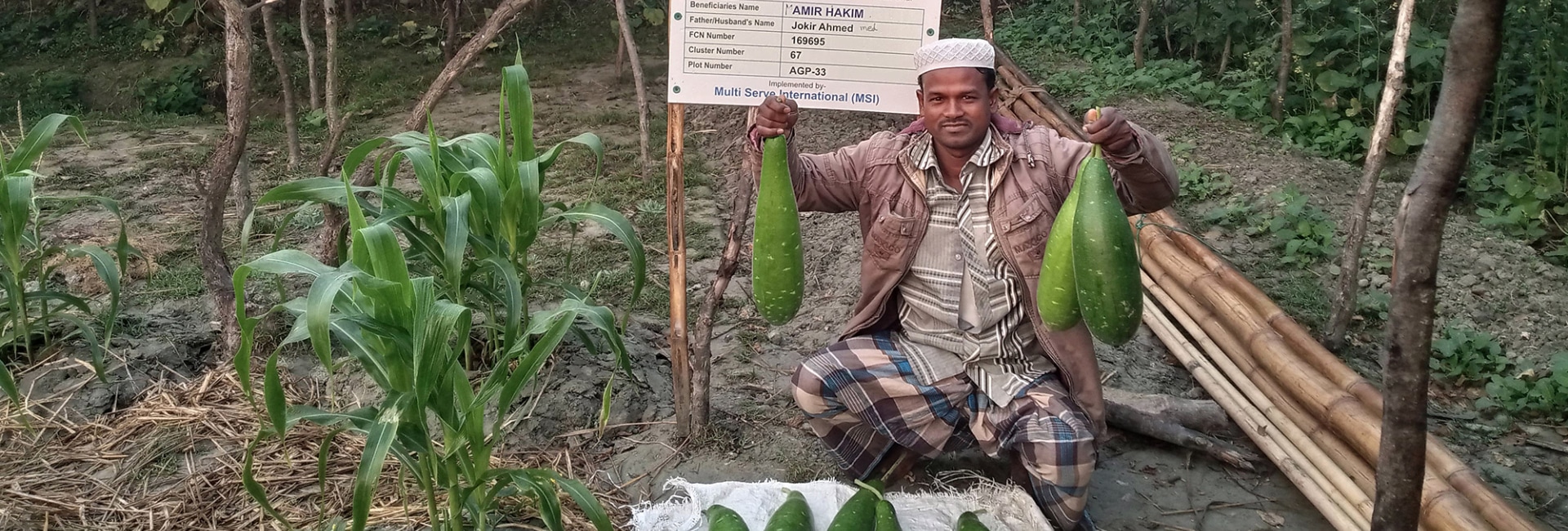
Sustainable Projects for Rohingya Refugees
Mercy-USA has launched a livelihood project on the island of Bhasan Char, Bangladesh that is helping families become more self-sufficient. The project consists of various aspects of agriculture and aquaculture support.
Mercy-USA has launched a livelihood project on the island of Bhasan Char, Bangladesh that is helping families become more self-sufficient. The project consists of various aspects of agriculture and aquaculture support.
Please give what you can today to help deserving Rohingya refugee families sheltering in Bangladesh
Sustenance Farming
Mercy-USA worked with 100 selected families to cultivate land on the island to grow crops in demand on the island. We provided the families with seeds, tools and training. The training included, soil preparation, pest management, crop rotation, and water-efficient farming practices to maximize the yield and diversity of crops grown. These families not only provided for their households, but the farmers were also able to sell their crops earning an average of $100 per household, which allowed them to purchase non-food items like educational materials, clothing and household goods.
The Mercy-USA managed farm provided 1.5 tons of vegetables to 500 more families on the island. The access to fresh produce is a part of a healthy diet that is not always possible when relying on shelf-stable food baskets.
Nur Mostafa, one of the participants in the Vegetable Garden Project, shared her success story. Last season, she sold green chilis in the market for $700 and other crops for $300. This income has been crucial for her family, allowing them to buy additional necessities and improve their living conditions. Her success exemplifies the positive impact this project has had on individual families. Not only does her garden provide her family with more of what they need for health, education and nutrition, Nur feels she has a dignified life again since fleeing Myanmar, “This garden has given me hope and a way to stand on my feet again.”
Aquaculture Project
To promote sustainable nutrition on the island, Mercy-USA has embarked on a fish farming program. We began by stocking a nearby freshwater lake with fish which has resulted in a sustainable aquatic ecosystem. In October 2024, a yield of more than 2,200 pounds of fish was harvested for the community. The fresh fish not only provided highly nutritious food, but it has also begun the groundwork for income generation through aquaculture for the refugees. “For the first time in months, my children are eating nutritious meals regularly,” Amir Hakim remarked. He now looks forward to scaling up the fish farm to ensure consistent benefits for all.

